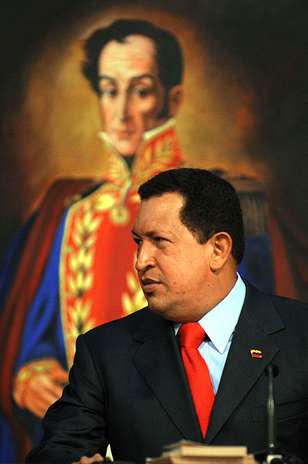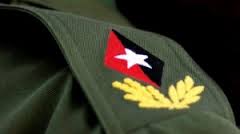It is only by walking through these locations, most of them located in the middle of dense forests, that people realize the existence of indigenous settlements where women have an average of 10 to 20 children because contraceptive use and family planning are not allowed, and where an abundant offspring is associated with femininity.
Delta Amacuro, the second poorest state in Venezuela, has among its geographical authenticities, the presence of communities that have created legends and anecdotes ranging from the slaughter of women with low or no fertility to incest between members of the same family.
Some years ago, when the Bolivarian Revolution had not come to these places forgotten for over 5 centuries, indigenous peoples were born and died illiterate without health care services. However, today, with the boost of socialist missions the story has changed its course.
Today, visiting Cuban doctor José Ernesto Guevara and Venezuelan Dr. Candelaria Hernández receive about 300 patients from the Yakariyene community in the municipality of Tucupita , a town in constant migration, which in many cases, makes difficult to dispensarize.
The inhabitants of that poverty-stricken area, come mostly from the streams of the Delta Amacuro and their diseases are generally respiratory, sexually transmitted or a result of the lack of hygienic habits which can cause diarrhea, among other things.
As part of the changes caused in Venezuela with the coming to power of Hugo Chavez, indigenous practice sports such as football, in their communities and in tournaments with other localities. Barrio Adentro Deportivo, the mission that arrives to its 10th anniversary on July 31, is present in Yakariyene through Cuban physical education teacher Yurisan Cercellena.
The people of this settlement are grateful to the revolution takes them into account. “Ine Namina Kitane obonoya Fidel Castro” was the first phrase that Indian Rosaura said in guarao languagem to me. Its meaning in Spanish is “I want to meet Fidel Castro.” So, it is amazing that people who often forget their own names, remember that of the leader whose unfamiliar often do not forget solidarity work transcends the borders of Cuba.
Rosaura’s second dream is to see her children grow up happy, a hope that is no longer a utopia today because, in addition to the health care her children receive free of charge, they have education and train every afternoon so their team will be the best and win in competitions.



